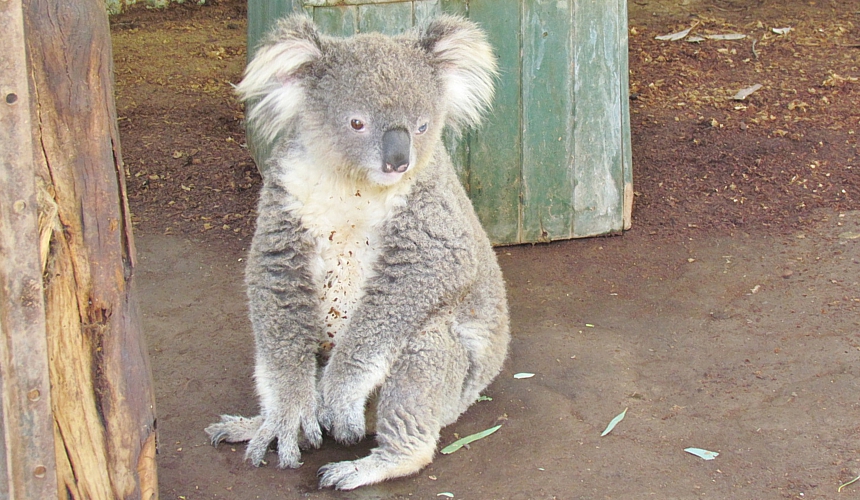We now know that one of the main triggers in regards to the increasing outbreaks of Zoonotic Diseases such as #Coronavirises like #Covid_19 are Wildlife Slaughter Industries, so not only is #RayBorda & his #MacroGroupAustralia Kangaroo Killing Empire showing no care in the eradication of Kangaroos via introduced mass slaughter but they are showing no care for the impacts on human health given the increasing outbreaks in #Zoonotic Diseases.
By Ngaya Palawa, Wugongga Kangaroo, Public Facebook Group. 30 April 2020
Populations declined by more than a third on average over the 20-year period — but the data also revealed that targeted conservation efforts are working.
By Nick Kilvert, ABC Science. 22 April 2020
After a year of battling drought, fire, dust, flood and disease, farmers in far western New South Wales are now facing a plague locust infestation.
Landholders are being asked to report locust activity to Local Land Services to help biosecurity experts stop the destructive insects from spreading.
By Lucy Thackray and Jessie Davies, ABC Rural. 21 April 2020
One of Australia’s leading bat experts says he can see no evidence native flying foxes pose a coronavirus risk, saying calls for Melbourne’s largest bat colony to be relocated or culled are “ridiculous”.
By Bianca Hall, The Age. 21 April 2020
A Snowy-Monaro-based wildlife carer has criticised the slow response to rescue and treat injured animals following the summer bushfires
By Bill Brown, ABC News. 19 April 2020
It turns out our big cities are an important refuge for the owl — especially since the recent fires burned much of its natural home. And researchers want our help in finding its urban haunts.
By Anna Salleh, ABC Science. 17 April 2020
A “massive” funding boost is needed to address the threat of extinction for more than 100 plants and animals that had habitat wiped out in the catastrophic summer bushfires, scientists and conservation groups say.
By Mike Foley, The Sydney Morning Herald. 17 April 2020
Wildlife sanctuaries, zoos and animal hospitals are being crippled by the coronavirus, with the ban on gatherings robbing them of the funds needed to feed the animals and retain staff.
By George Roberts, ABC News. 16 April 2020
The Greens asked officials to calculate the cost of shutting down the native forest timber industry immediately rather than 2030 as planned.
By Adam Morton, Environment editor, The Guardian. 13 April 2020
Renowned conservationist and activist Dr Jane Goodall is hoping the coronavirus pandemic will be a wake-up call, warning the crisis is a result of human disregard for nature and animals.
By Kirsten Diprose and Matt Neal, ABC South West Vic. 11 April 2020
The Australian Registry of Wildlife Health is asking to be contacted if wildlife rescuers and vets are finding “unexplained cases of acute mortality and oedema” in macropods. Please keep eye out for symptoms, and report to the Australian Registry of Wildlife Health (www.arwh.org).
By The Bathurst Kangaroo Project, Facebook. 10 April 2020
China has drawn up new guidelines to reclassify dogs as pets rather than livestock …
Though dog meat remains a delicacy in many regions, the ministry said dogs would no longer be considered livestock.
By ABC News. 10 April 2020
Some of NSW’s top scientists and farmers are at odds when it comes to the importance of dingoes to the state’s landscape.
By Giselle Wakatama, ABC Newcastle. 9 April 2020
The warnings of doctors and scientists were ignored, with fatal results.
By Richard Horton, The Guardian. 9 April 2020
… can be very playful! Thank you Sammy’s Mob and all the carers.
Wombat Awareness Organisation, Facebook. 3 April 2020
“The birds that were released in 1902 apparently didn’t take, they didn’t survive very long,” he told Chris Wisbey on ABC Radio Hobart. “In 1906 there were birds released in places like Epping …
By Carol Rääbus, ABC Radio Hobart. (Archive 25 Jan 2018)

